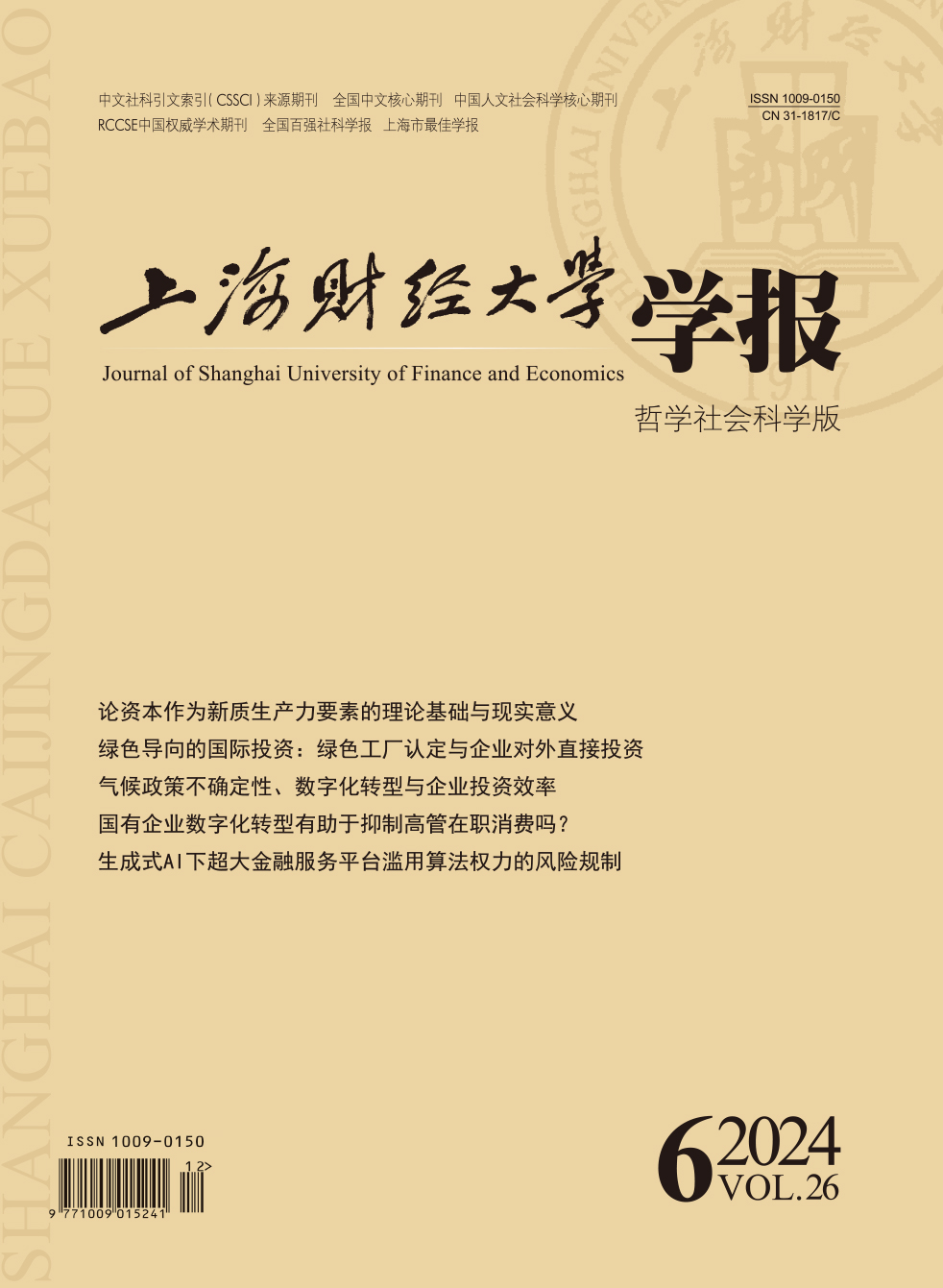Driven by generative AI, various algorithmic technologies and large models have rapidly evolved and deeply embedded into the financial service industry, promoting the development of new models, new technology applications, and new product R&D of modern financial service platforms. However, any algorithmic technology has its inherent defects, leading to the evolution of super-large financial service platforms from algorithm applications to algorithmic power risks. This paper focuses on the issue of abusing algorithmic power by super-large financial service platforms under generative AI and explores the corresponding paradigm of risk regulation.
This paper innovatively makes extensions from the following aspects: First, through the case study method, it deeply analyzes the risk formation mechanism of abusing algorithmic power by super-large financial service platforms under generative AI, and finds that algorithmic power risks are concentrated in algorithm monopoly, algorithm control, and systemic financial risks. Second, through the inductive analysis method, from the perspective of risk regulation theory, it proposes to adopt appropriate risk regulation to prevent algorithmic power risks in super-large financial service platforms and promote fair competition in financial markets. Third, through the comparative research method, it gives a deep perspective on the risk regulation paradigm of abusing algorithmic power by super-large financial service platforms under generative AI.
Based on the risk matrix, this paper explains the risk degree of abusing algorithmic power by super-large financial service platforms and comprehensively analyzes the multidimensional risks of algorithmic power, which helps to reconstruct the risk regulation paradigm of abusing algorithmic power by super-large financial service platforms in China from vertical cooperation regulation (diversified regulation of governments, enterprises, and social organizations) and horizontal algorithm regulation (algorithmic fairness, transparency, and accountability) : For algorithmic fairness, strengthen the diversified regulation of platform algorithm monopoly; for algorithmic transparency, prevent platform algorithm control through the algorithm transparency system; for algorithmic accountability, improve the legal accountability mechanism for platform algorithmic power.





 3794
3794  7736
7736

